Madison McGhee launched a podcast to solve her father’s 2002 murder. Now she’s interviewing the man accused of killing him
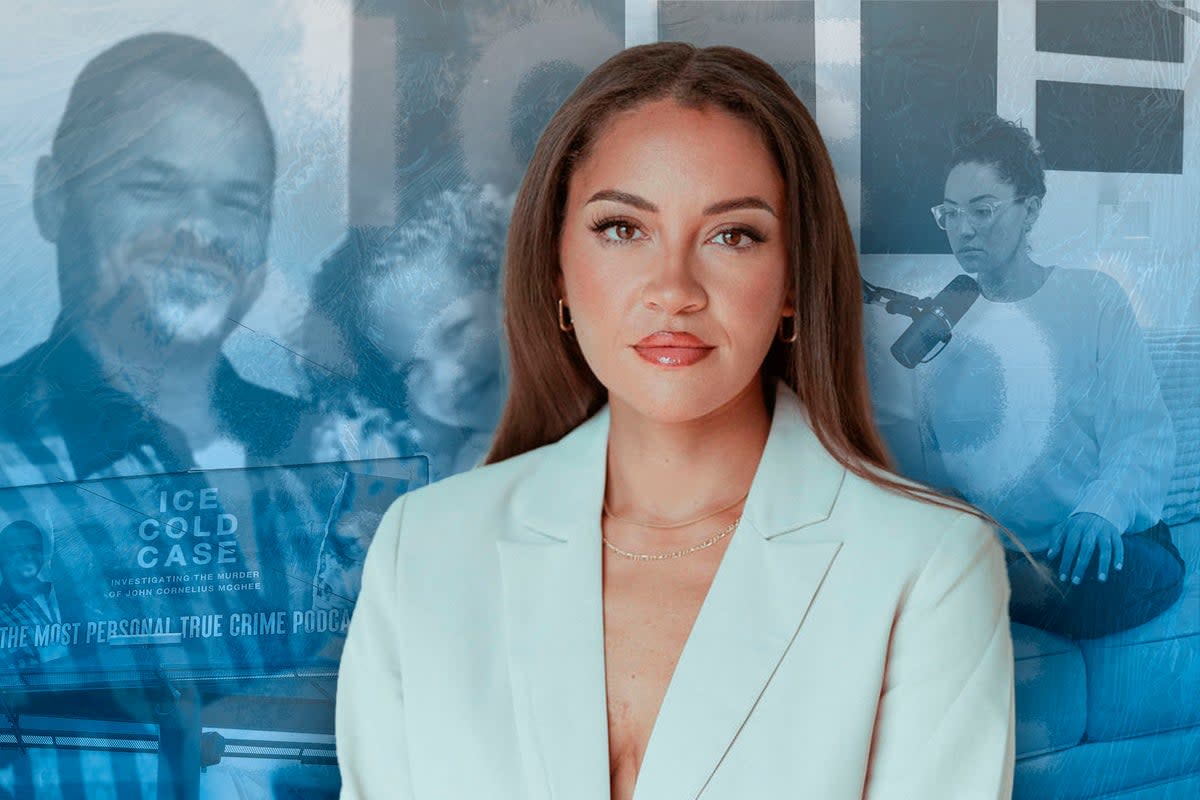
For more than a decade, Madison McGhee has been trying to answer one question – what happened to her dad? Now, she may be closer than ever to finding out the truth with the help of her true crime podcast, with its second season launching on Wednesday.
Madison was only six years old when her father, John Cornelius “J.C.” McGhee was fatally shot in the doorway of his home in Bridgeport, Ohio, on 11 July 2002.
For years, Madison, who was raised by her mother and grandmother in Charleston, West Virginia, believed that he died of a heart attack. It wasn’t until she was 16 years old that she found out she’d been lied to, her dad had been murdered.
At different stages of her life, she became increasingly curious and confident enough to dig around into her father’s case. Police had declared it a home invasion gone wrong.
“I couldn’t shake the feeling that my dad’s case was unsolved,” she told The Independent.
Madison, who now lives in Los Angeles and works as a producer, initially tried posting videos and photos about her dad on the anniversary of his murder. “But no one cared,” she said.
So after years of her own investigating, she set out to put the pieces together with the launch of her true crime podcast, Ice Cold Case.
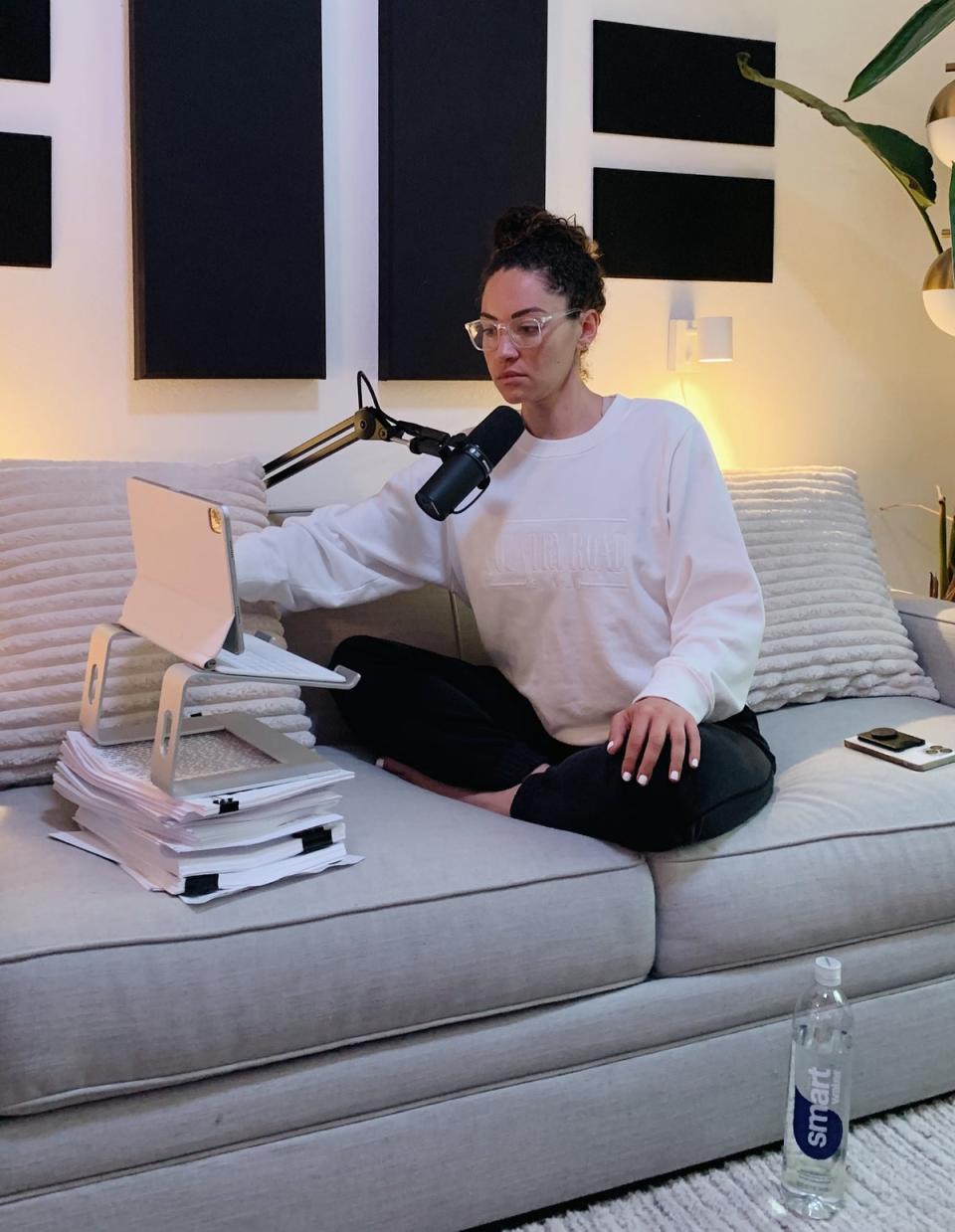
As a true crime fan, she had seen her share of documentaries and listened to enough podcasts to know this was the path to take.
“How desperate am I to solve my dad’s murder,” she asked herself. Was she willing to put herself and family out on a public platform in order to solve her dad’s murder? “Absolutely.”
But there were questions she didn’t know if she could answer.
How would she solve a 21-year-old cold case? Will she ever truly find out what happened to her father? How would she get anyone to even care?
Launching the podcast felt like a last resort. She’d called the police, traveled to Ohio and West Virginia, talked to family members, played investigator and even pretended to be a journalist to get the information she needed.
“I did not wish this upon myself, I did not want to become a poster child for true crime,” she said. “But it is a means to an end. And so necessary, has been done before. It works. It gets cases solved, it gets people to care.”
“This was not the career path I had envisioned for myself but it’s the opportunity in front of me now,” she said. “Hopefully I can solve my dad’s case. I will solve my dad’s case. And then I can help others either find closure, or bring awareness to their cases.”
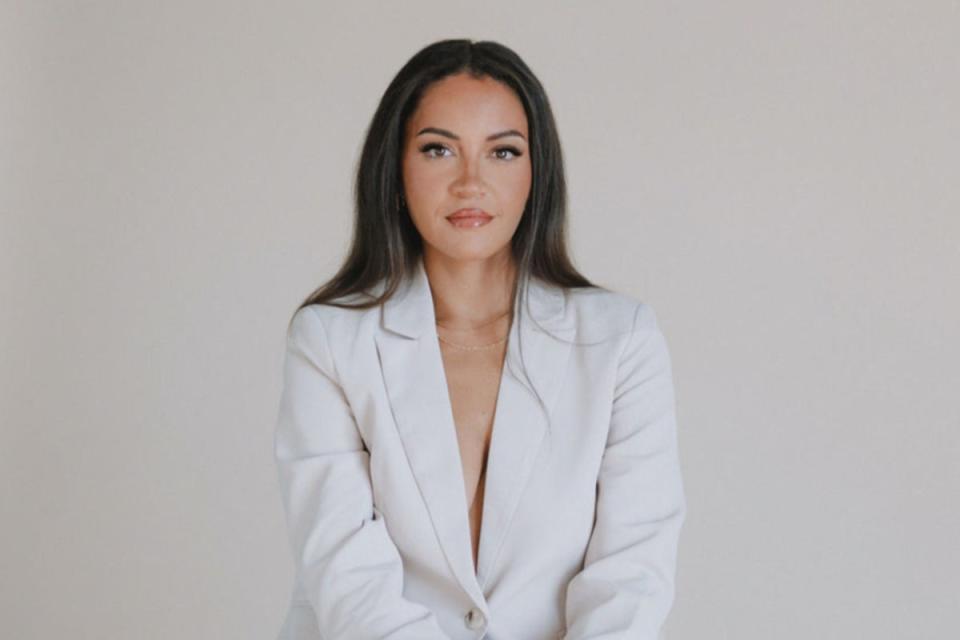
When the first season of Ice Cold Case launched in August 2023, Madison never imagined the media attention it would receive – or the amount of tips, leads, theories that would come flooding in.
Some led to nothing, and others have led to some of the biggest players in the case straight to Madison.
“I received a lot of tips from part one and now things are really heating up,” she told The Independent.
“I heard from people I was never expecting to hear from and people who I had no idea that they existed.”
One of them was Daryl Smith, who was arrested in connection to her father’s shooting, but ultimately not charged. The case against him fell apart after his nephew Omar, a key witness, kept changing his story.
Smith, who had recently been released from prison, contacted her eager to tell his side of the story and “put the record straight.”
“He listened to the podcast and wanted to talk to me,” she said. “I wanted to get close to solving this case, and I couldn’t get closer than this.”
So before she knew it, she was back on a plane to Ohio to talk with the man who was once the prime suspect in her father’s murder.
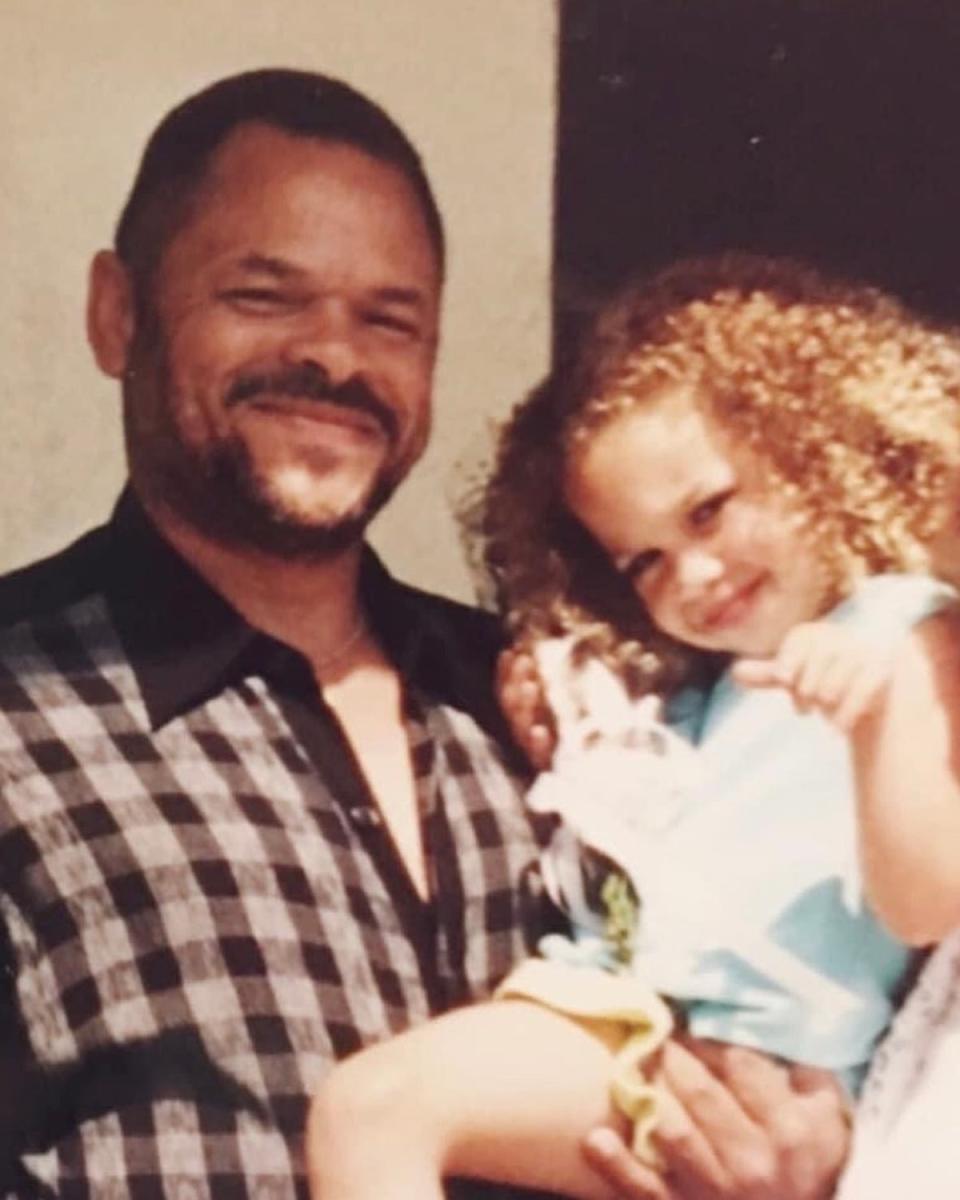
Season two of Ice Cold Case launched on 20 March and features never-before-heard interviews with people connected to the case. A new episode will drop every other Wednesday.
In the first episode, Madison said she knew that solving her father’s murder would not bring her father back — and that her work could impact other family members.
But she was “desperate to solve my dad’s murder,” she said. And what she found out was, “there are two sides to every story.”
At the end of part one, Madison left off with her own theories on what she believed happened based on her own interviews and research.
But as the podcast gained traction and the tips continued to come in, she said her theory started to shift and evolve.
And, as she pointed out, “disproving a theory is as important as proving it.”
That’s because it all moves her closer to the truth.
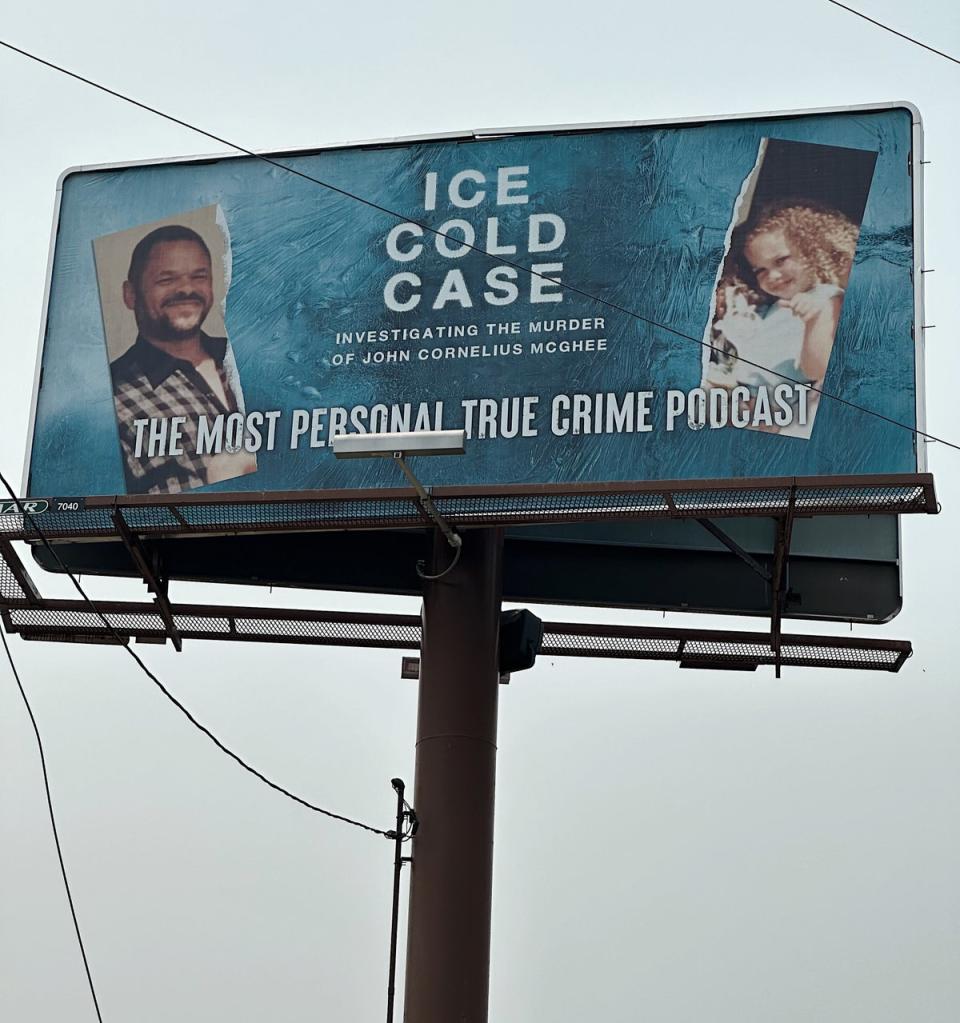
“Uncovering new information could provide context, motive, and solidify my current theory about what happened to my dad… but it could also completely contradict everything and send me back to the beginning,” she says in part two of the podcast.
“But disproving a theory is just as important as finding supporting evidence. Beyond a shadow of a doubt means there can’t be any other possibilities. And too many theories can hurt my case. So what if I am wrong? Then I welcome it. As long as it comes with a new avenue to explore, one that leads me closer to finding my dad’s killer.”
Years of Madison’s own sleuthing sometimes caused a wave of turbulance among her family as she continued to dig.
But it also brought her closer to some members of the family, including her half-sister Alyssa. When Madison was growing up with her mother in Charleston, she only saw Alyssa and her father on occasion.

As Madison’s search for answers continued, she also uncovered uncomfortable truths about her father.
Like how she discovered her he had been a drug dealer-turned-informant who had helped police arrest a number of people – and that the list of possible motives for his murder is long and continues to grow.
Arrests were made, but no one was ever charged with pulling the trigger in the murder of J.C. McGhee.
She also discovered that investigators at the time failed to secure the crime scene, collect some of the evidence, interview witnesses and follow up on leads.
“Let’s just say that not everything is what it seems,” Madison told The Independent.
“I’m just can’t wait to share what I’ve learned and what the other side of this story really holds – it’s one step closer to solving the case.”


